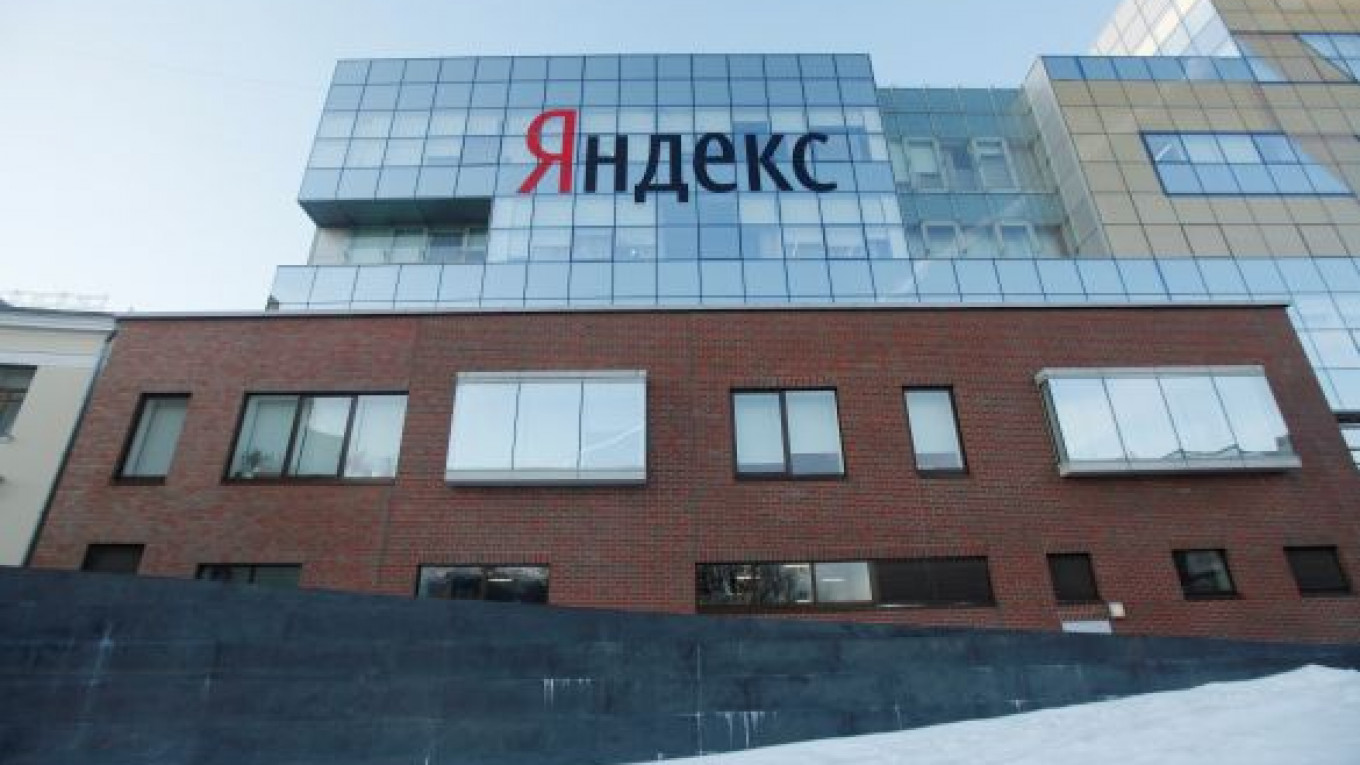Yandex.Dengi, the most popular online payment system among Russian Internet users, is now making available MasterCard-branded bank cards to all of its account holders, letting them to use their online accounts to make purchases in stores and other locations.
The cards can also be used to buy goods online and to withdraw money from Yandex.Dengi accounts via an ATM, and they can be used abroad.
Part of Internet giant Yandex, the online payment company expects "tens of thousands" of its account holders to sign up for the cards by year's end, Yevgenia Zavalishina, general director of Yandex.Dengi, said in a telephone interview.
Such a figure is a tiny fraction of the 9 million registered Yandex.Dengi users. The card is intended, however, "for our most active users," or people who shop and spend a lot, Zavalishina said.
It will be issued to Yandex.Dengi users for free, who can order it on the company's website. The card then will be delivered by registered mail.
There won't be any fees for using it in brick-and-mortar locations or online. For ATM use, there will be a 3 percent commission combined with a fee of 15 rubles (50 cents).
More people might open accounts with Yandex.Dengi to receive the card, Zavalishina said.
This isn't Yandex.Dengi's first cooperation with MasterCard, the U.S.-based credit-card company. Yandex.Dengi has been offering a "virtual" MasterCard that can be used for online purchases and will continue to offer it, Zavalishina said.
Yandex.Dengi says it has the most users of any electronic payment system on the Russian Internet. Other companies include WebMoney, which offers debit cards through various partners, and Qiwi, which offers Visa-branded cards.
Online payment websites, as well as electronic payment terminals, are popular here partly because of the absence of checking accounts and the low use of credit cards.
Currently, there are just 15 million credit cards issued in Russia, and just half of them are active, Moscow-based financial group Metropol said in e-mailed comments. Russia has 143 million people.
A lack of infrastructure, including an insufficient number of ATMs and bank branches, is the "most significant reason" that Russians generally don't use credit cards, Metropol said.
Another reason is that many Russians aren't accustomed to paying bills with plastic, as the credit-card market developed only after the end of the Soviet Union.
Yandex saw its weekly search-market share rise to the highest this year, while Mail.ru Group's portion fell for a third consecutive week and Google's share declined, Bloomberg reported Tuesday, citing data compiled by Liveinternet.ru.
Yandex's share of the Russian online search market rose for a third straight week, gaining to 60.6 percent in the period through April 15, the highest since the five days to Dec. 25, according to Liveinternet, an Internet-service provider and researcher. Yandex's share averaged 59.9 percent over the past four weeks, the data showed.
Google's share of Russian searches fell for the first time in five weeks, dropping to 25.6 percent from 26.1 percent in the previous period, for a four-week average of 25.9 percent, according to Liveinternet.
A Message from The Moscow Times:
Dear readers,
We are facing unprecedented challenges. Russia's Prosecutor General's Office has designated The Moscow Times as an "undesirable" organization, criminalizing our work and putting our staff at risk of prosecution. This follows our earlier unjust labeling as a "foreign agent."
These actions are direct attempts to silence independent journalism in Russia. The authorities claim our work "discredits the decisions of the Russian leadership." We see things differently: we strive to provide accurate, unbiased reporting on Russia.
We, the journalists of The Moscow Times, refuse to be silenced. But to continue our work, we need your help.
Your support, no matter how small, makes a world of difference. If you can, please support us monthly starting from just $2. It's quick to set up, and every contribution makes a significant impact.
By supporting The Moscow Times, you're defending open, independent journalism in the face of repression. Thank you for standing with us.
Remind me later.






